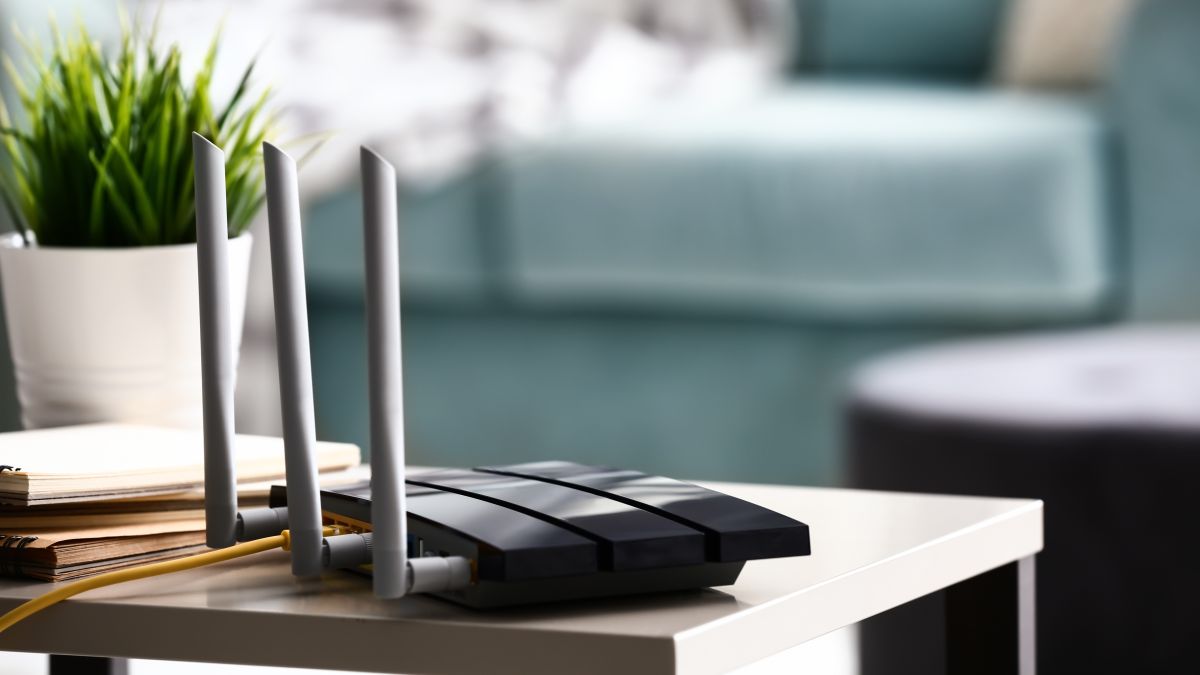If you switch your internet service provider (ISP) or sign up for a new internet plan, chances are that the company you’re dealing with will set you up with a new Wi-Fi router as part of the deal. However, there are plenty of advantages to using your own Wi-Fi router instead.
Although we now use the Internet for almost everything, most people don’t think twice about their home Wi-Fi network until something goes wrong. Maybe your internet connection has gone down, you can’t keep all of your devices connected at the same time or you’re noticing several Wi-Fi dead zones in your home. If you’ve experienced any of these problems, perhaps the idea of upgrading to one of the best Wi-Fi routers has crossed your mind.
When you use the Wi-Fi router supplied by your ISP upgrades are few and far between, as internet companies rarely roll out new devices since they have so many customers to serve. In fact, by using your ISP’s router you’re missing out on the latest Wi-Fi technology and plenty of other extra features.
Even if you’re new to home networking or aren’t that tech savvy, setting up your own Wi-Fi router is far easier than it used to be. Here are five reasons why buying your own router makes a lot more sense than using the one supplied by your ISP.
1. It can save you money in the long run
Depending on your ISP, you may actually be paying a rental fee each month to use their Wi-Fi router. While AT&T did away with its equipment fees last year, other ISPs haven’t followed suit. For instance, Frontier charges $10 per month for its routers, Comcast charges its Xfinity customers $14 per month and HughesNet charges $15.
Not every ISP lets you skip these fees but some (like Xfinity) do. Let’s say you’re an Xfinity customer that wants to ditch your ISP’s router. Over a two-year period, you end up paying $336 to rent your Wi-Fi router. For this price, you could upgrade to one of the routers on our list of the best Wi-Fi 6 routers and the device would pay for itself over that same time period. Plus, since routers have an average lifespan of three to five years, you’ll be saving money in the long run.
2. Improved speeds and range
By upgrading to a Wi-Fi 6 router or even one of…



